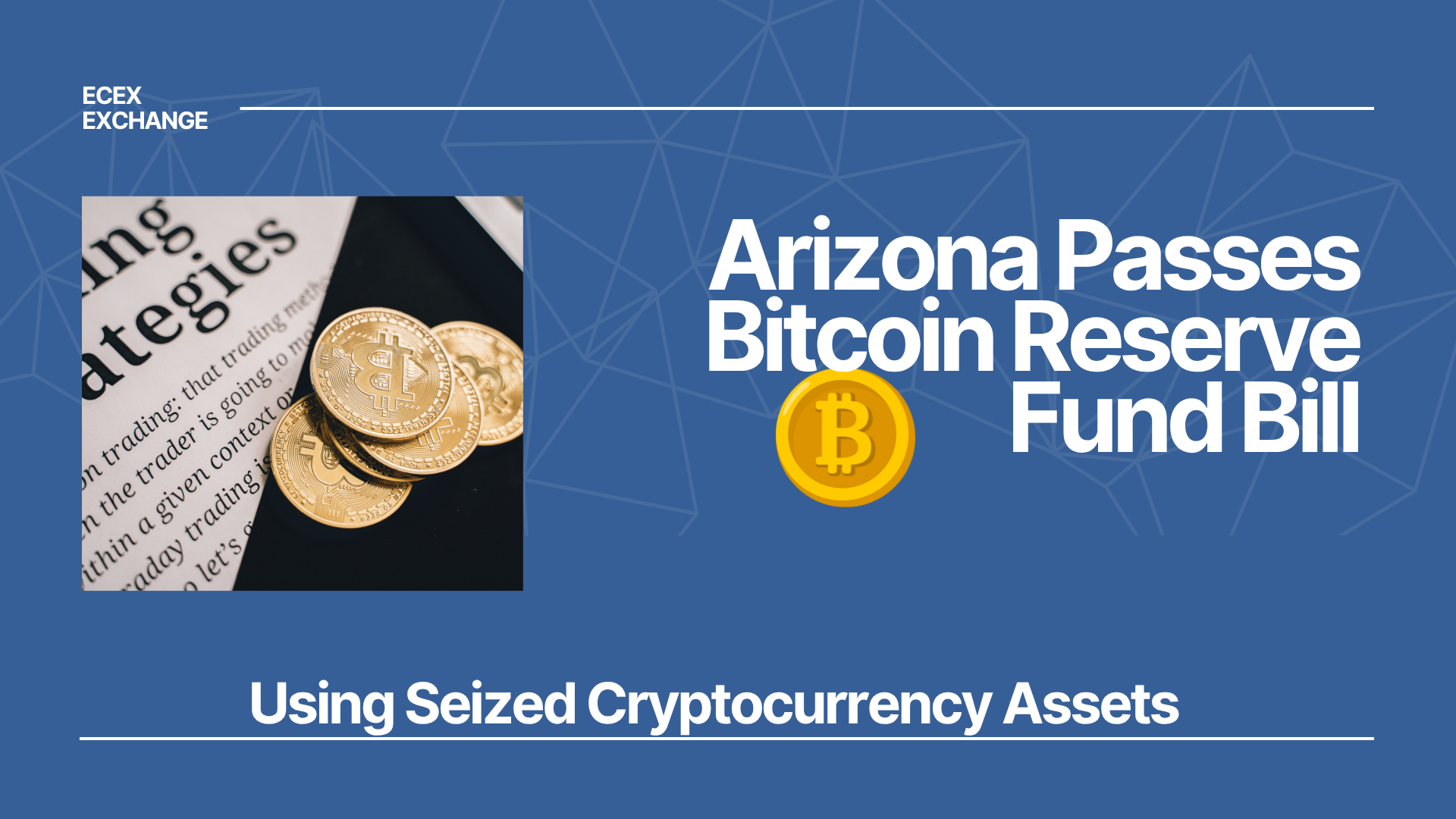
Arizona has taken a significant step toward establishing itself as a cryptocurrency-friendly state by passing legislation that creates a dedicated Bitcoin and digital asset reserve fund using confiscated cryptocurrencies from criminal investigations. House Bill 2324, known as the «Bitcoin Reserve Bill,» has successfully passed both chambers of the Arizona Legislature and now awaits Governor Katie Hobbs’ signature to become law.
Legislative Victory for Cryptocurrency Integration
The Arizona State Senate has approved a bill that would create a Bitcoin and Digital Asset Reserve Fund for confiscated crypto assets. The bill, HB 2324, known as the «Bitcoin Reserve Bill,» is advancing toward a final vote in the House of Representatives, having passed by a vote of 16-14. The narrow victory in the Senate demonstrates the contentious nature of cryptocurrency legislation, yet signals growing legislative support for digital asset integration at the state level.
The bill, sponsored by Republican Senator Jeff Weninger, represents a strategic approach to cryptocurrency adoption by focusing exclusively on assets obtained through criminal forfeiture rather than direct state investment in volatile digital markets. This targeted approach addresses previous concerns about exposing state funds to cryptocurrency volatility while creating a framework for managing seized digital assets.
How the Bitcoin Reserve Fund Will Operate
If passed, the bill would authorize the State Treasurer to create the Bitcoin and Digital Assets Reserve Fund to manage crypto assets seized through criminal asset forfeiture. The fund would allow the state government to invest funds in crypto assets or exchange-traded funds (ETFs) holding digital assets, providing flexibility in asset management strategies.
The legislation establishes clear operational parameters for the fund. The state treasurer will administer this fund. Moreover, the treasurer will be able to invest it in digital assets or exchange-traded funds (ETFs) related to digital assets. This structure provides professional oversight while allowing for strategic investment decisions based on market conditions.
Funding Structure and Asset Distribution
The bill outlines a specific distribution mechanism for seized cryptocurrency assets. Any amount over that would be split 50% with the Attorney General, 25% to the state general fund and 25% to the new digital assets reserve fund, the bill states. This distribution ensures that law enforcement agencies continue to receive necessary funding while building the state’s digital asset reserves.
The funds allocation would see the first $300,000 worth of seized assets go to the Attorney General’s office. Meanwhile, any amount over that would be divided 50% to the Attorney General’s office, creating a structured approach to asset allocation that prioritizes law enforcement needs while building state reserves.
Enhanced Digital Asset Forfeiture Laws
Beyond creating the reserve fund, HB 2324 significantly expands Arizona’s asset forfeiture framework. The bill amends state forfeiture laws to formally include digital assets. It allows the state to confiscate crypto if the owner is deceased, deported, has fled, or if ownership cannot be verified. Diligent efforts must be made to identify rightful owners before assets can be lawfully seized.
This expansion provides clear legal authority for law enforcement agencies to seize cryptocurrency assets in criminal investigations while establishing due process protections for legitimate owners. The requirement for «diligent efforts» to identify rightful owners ensures that the forfeiture process maintains appropriate legal safeguards.
Strategic Investment and Management Capabilities
The legislation provides the State Treasurer with broad authority to manage seized digital assets strategically. If HB 2324 becomes law, it would … would include options for crypto assets seized as a result of criminal investigations to be stored in state-approved wallets, sold on licensed crypto exchanges, or held in their local form depending on market conditions.
This flexibility allows Arizona to adapt its cryptocurrency management strategy based on market conditions, technological developments, and the specific characteristics of seized assets. The ability to hold assets in their original form, convert to ETFs, or liquidate provides multiple options for optimizing value preservation and growth.
Gubernatorial Decision Pending
The Arizona House of … on creating a state-managed reserve for Bitcoin and other digital assets obtained through criminal forfeiture, according to the state’s bill tracker. Revived earlier this month, HB2324 cleared the Arizona Senate last Friday and now heads to Governor Katie Hobbs for final approval.
Governor Katie Hobbs’ decision will be crucial in determining whether Arizona becomes one of the first states to establish a formal cryptocurrency reserve fund. However, she has endorsed legislation like House Bill 2387, which enforces stricter oversight of crypto ATMs to prevent illicit activities. HB 2324 now presents a balanced policy option that leverages seized digital assets without direct exposure of state investment portfolios to crypto markets.
Broader Implications for State Cryptocurrency Policy
The bill’s passage through the Senate signals growing legislative interest in integrating cryptocurrency within state financial operations. By authorizing the state treasurer to invest in digital assets or ETFs, HB 2324 could set a precedent for public sector engagement with crypto markets.
Arizona’s approach differs from other state cryptocurrency initiatives by focusing on seized assets rather than direct investment, potentially providing a model for other states considering similar legislation. Arizona is not the only state taking steps toward integrating digital assets into public finance.
If signed into law, HB 2324 would position Arizona as a leader in cryptocurrency policy innovation, demonstrating how states can engage with digital assets while maintaining fiscal responsibility and legal compliance. The bill represents a pragmatic approach to cryptocurrency adoption that could influence similar legislation across the United States.
The success of Arizona’s Bitcoin Reserve Fund could serve as a template for other states seeking to establish cryptocurrency reserves without exposing taxpayer funds to market volatility, marking a significant milestone in the evolution of state-level digital asset policy.